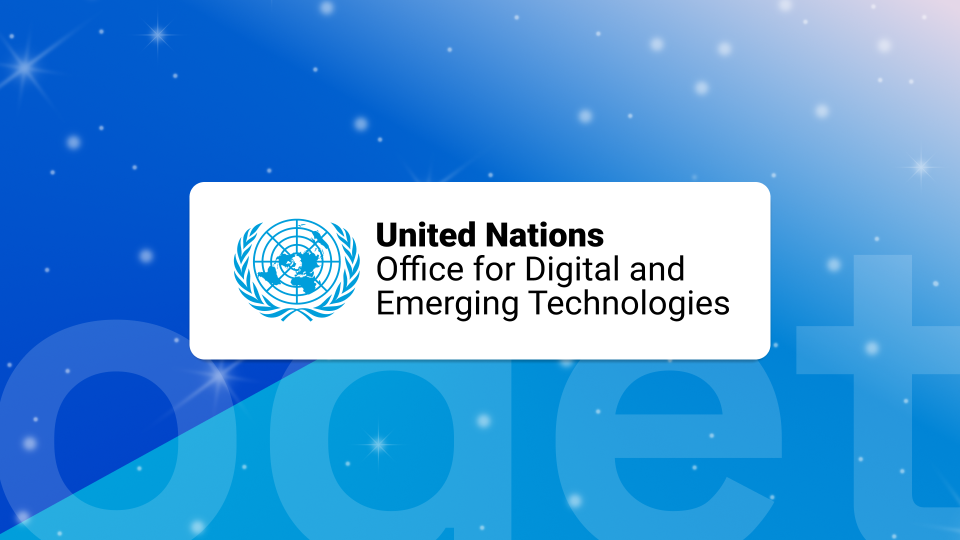The United Nations has taken a significant step towards addressing the challenges and opportunities of our rapidly evolving digital landscape. As of January 1, 2025, the Office of the Secretary-General’s Envoy on Technology has transitioned to the new UN Office for Digital and Emerging Technologies (ODET)[1][7]. This historic development follows the adoption of the Global Digital Compact at the Summit of the Future in September 2024 and a decision by the UN General Assembly on December 24, 2024[1].
Mandate and Strategic Focus
ODET’s establishment reflects the growing importance of a coordinated, inclusive, and multistakeholder approach to technology governance, anchored in the UN Charter, human rights, and the sustainable development agenda. The office will operate across five strategic areas:
- Serve as an advocate and focal point for digital cooperation within the UN for Member States and stakeholders
- Facilitate inclusive, multistakeholder policy dialogue on digital and emerging technologies
- Advise senior UN leadership on key technology trends to guide the Organization’s strategic approach
- Strengthen system-wide coordination within and across the UN system on digital and emerging technologies
- Support the follow-up and implementation of the Global Digital Compact[1]
Global Digital Compact Implementation
A key focus for ODET will be supporting the implementation of the Global Digital Compact, which sets out objectives, principles, and actions for developing an open, free, and secure digital future for all[3]. The Compact outlines ambitious goals, including:
- Connecting the remaining 2.6 billion people to the Internet by 2030
- Establishing safeguards to prevent adverse impacts on human rights arising from digital technologies
- Facilitating access to independent, science-based information to counter misinformation and disinformation[3]
Phased Approach and Future Developments
The Advisory Committee on Administrative and Budgetary Questions has recommended a phased approach to ODET’s development. This approach includes:
- Comprehensive mapping of existing UN coordination mechanisms
- Identification of gaps in digital cooperation
- Reassessment of resource requirements and office structure[1]
As part of the follow-up process, the UN Secretary-General is expected to provide a Compact implementation map and establish a GDC portal for voluntary reporting on implementation progress[2].
The establishment of ODET marks a significant milestone in the UN’s commitment to shaping a digital future that benefits all of humanity. As the office begins its crucial work, the international community looks forward to its contributions in fostering global digital cooperation and addressing the complex challenges of our increasingly interconnected world.
Citations:
[1] https://dig.watch/updates/un-office-for-digital-and-emerging-technologies-established-as-a-follow-up-to-the-global-digital-compact
[2] https://dig.watch/processes/global-digital-compact
[3] https://digital-strategy.ec.europa.eu/en/news/united-nations-members-adopted-global-digital-compact-shaping-safe-and-sustainable-digital-future
[4] https://www.trade.gov/about-us/office-digital-and-emerging-technology-services
[5] https://x.com/untechenvoy
[6] https://www.linkedin.com/posts/un-tech-envoy_odet-digitalemergingtechnologies-digitalcooperation-activity-7280717390122762240-4DBr
[7] https://x.com/UNTechEnvoy/status/1874954297328427274

